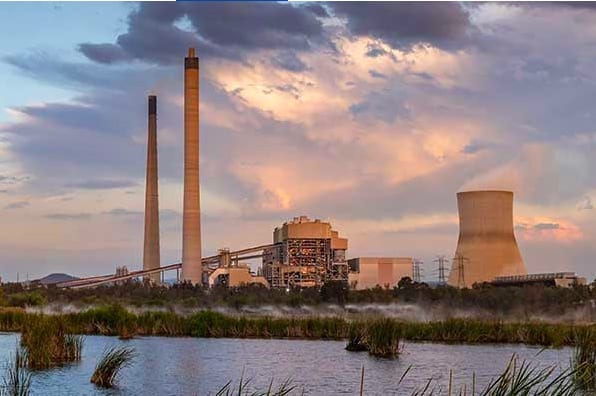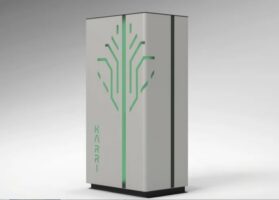The Queensland state government owned generation company CS Energy has been heavily fined after units at two of its ageing coal generators failed to deliver crucial grid services at various events the last two and a half years, and very nearly caused widespread blackouts in the sunshine state in one of them.
The Australian Energy Regulator says CS Energy has paid $200,000 in penalties for allegedly failing to ensure it could provide frequency control ancillary services (FCAS) that it had offered to the market. It has also repaid $1.3 million it received as payment to provide the services it failed to deliver.
FCAS helps manage the stability of the power system – responding to sudden variations in supply and demand – and play a crucial role in keeping the lights on for customers.
The FCAS market was once dominated by coal and gas generators, but big battery installations – as well as small batteries aggregated in what are called virtual power plants – have grabbed a major share of the market since they first appeared on the grid in late 2017.
Queensland, however, does not have any big battery installations – although one is being built at Wandoan (100MW/150MWh) and many more are planned. That means that the state is still dependent mostly on coal generators to provide FCAS, but there was been increasing concern about their ability to do so.
The AER alleges that CS Energy failed to ensure it was at all times able to comply with its contingency FCAS offers (which deals with major disruptions) at certain units at the Callide B power station on August 25, 2018, and from Gladstone power station in November 2019 and January 2020.
The August 25 incident was particularly significant, as it was the day dual lightning strikes took out the main link between NSW and Queensland, causing a ripple-effect that caused both the Queensland and South Australia grid to become separated from the main grid, and major outages in NSW, Victoria and Tasmania.
South Australia rode through the incident well, thanks in part to the big batteries operating in its grid. But Queensland struggled, with the Australian Energy Market Operator noting that the FCAS response was poor, and the state only narrowly avoided a major outage.
As we noted at the time, August 25 was Scott Morrison’s first day as PM, having just deposed Malcolm Turnbull, and he got to learn the difference between a Big Battery and a Big Banana, the term he had used to ridicule the Hornsdale Power Reserve.
See: On first day as PM, Morrison learns difference between Big Battery and Big Banana
The report by AEMO on that incident was devastating, saying the failure of thermal generators to respond as expected – they had their “Frequency Influence Bias (FIB)” setting set to OFF – meant that Queensland’s isolated grid operated for nearly an hour and a half in an insecure state that could have gone pear-shaped very quickly.
It noted the renewables-dominated South Australia had the most secure grid during the events, thanks to battery storage.
“Many (coal and gas) generators either no longer automatically adjust output in response to local changes in frequency or only respond when frequency is outside a wider band (dead-band) than has historically been set,” AEMO noted.
“This lack of response resulted in significant technical challenges controlling power system frequency during this event, delaying the resynchronisation of QLD with NSW.”
Many energy experts have expressed concern for some time about the poor response of thermal generators – often because they were seeking to maximise their earnings elsewhere. It contrasts with the speed and accuracy and flexibility of battery storage that has earned praise from AEMO and others.
But this is the first time that a coal generator has been called to account for such failures. AER chair Clare Savage said it was a basic principle that businesses should not keep payment for services they are unable to deliver in line with their offers.
“Inaccurate information about FCAS offers undermines AEMO’s ability to manage frequency deviations that is critical to supporting the integrity of the power grid,” Savage said in a statement,
“CS Energy and other FCAS providers must have robust systems and processes in place to ensure it is at all times able to comply with its FCAS offers and that customers pay only for services that are provided.”
In a statement, CS Energy CEO Andrew Bills said the incidents were a mixture of human error and systems error, and said it did not impact system security.
“Consistent with our values, CS Energy self-reported these matters to the AER and has co-operated with the AER in a transparent manner throughout its investigations,” Bills said in a statement.
“We believe that market regulation is working as it is designed and that CS Energy has acted safely and with integrity for the benefit of the power system as a whole.”







